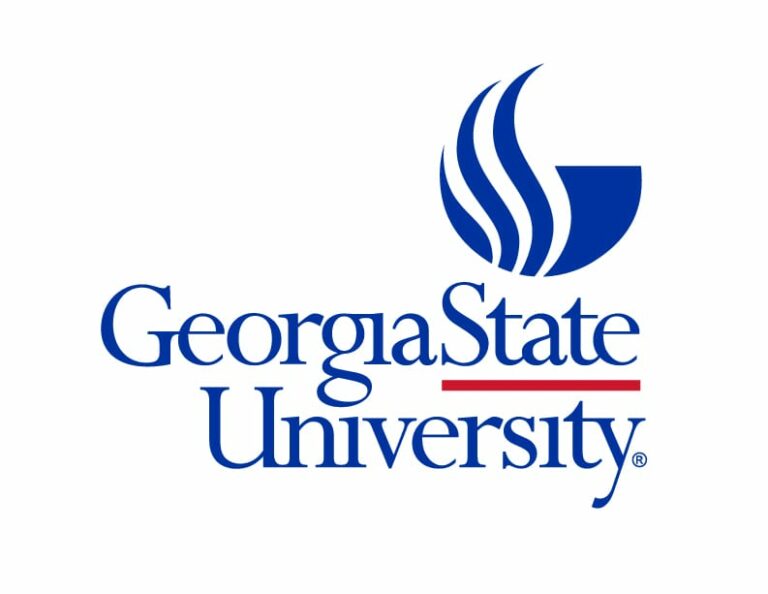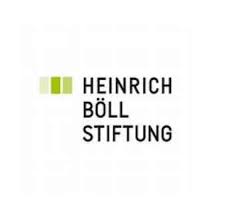Applications for the Rotary Peace Fellowships 2025 are being accepted right now. One of the most significant and powerful organizations in the world is Rotary International. The Rotary Peace Fellowship Program offers fully-funded scholarships to study at one of five partner universities in the United States, Japan, the United Kingdom, Australia, Sweden, Thailand, and Uganda. It also includes a comprehensive, long-term peacebuilding program. Rotary International’s ideas and projects that have improved the globe have had a significant impact on improving lives. Young leaders have a fantastic opportunity to receive fully financed scholarships to study abroad through the Rotary Peace Fellowship Program.
The Rotary Peace Fellowship seeks to recognize and assist up-and-coming individuals with backgrounds in development and peace who have shown a dedication to serving others locally and globally. Up to 50 master’s degree fellowships and 80 certificate programs at prestigious universities are given out annually by the Rotary Foundation. Through the academic preparation, real-world experience, and international networking opportunities provided by this Fellowship program, professionals working in the fields of peace and development can effectively promote peace.
In an effort to combat violence and extremism, the fully-funded fellowship program will give young leaders the chance to participate in discussions and activities that promote interfaith harmony, compassion, and tolerance. Through a global network, participants will be able to gain knowledge about human rights advocacy, global peace projects, social peace awareness, tolerance, and equality. Since the program’s inception in 2002, more than 1,600 Rotary Peace Center fellows have received training and are actively serving in more than 140 countries. In addition, they hold leadership positions in the armed forces, in non-governmental organizations, in education, in law enforcement, and in global institutions like the World Bank and the United Nations.
Rotary Peace Fellowship Program for 2025 Details:
USA, Japan, UK, Australia, Sweden, Thailand, Uganda are the fellowship countries.
Course Level: Short Certificate Program and Master’s Degree
International Rotary Foundation is the sponsor.
Financial Protection: Entire Funding
International students are eligible.
Last day: May 15, 2024
Program Level Provided by Rotary Peace:
Program for Master’s Degree:
Time frame: 15 to 24 months
Program for Certification: Length:
One Year
Master’s Program Rotary Peace Centers: University of Queensland, Brisbane, Australia
Bradford University, Bradford, England
Tokyo, Japan’s International Christian University
Swedish university located in Uppsala
The University of North Carolina at Durham and Chapel Hill, USA is known as Duke University.
Rotary Peace Centers for Certificate Programs:
Makerere University in Kampala, Uganda; Chulalongkorn University in Bangkok, Thailand
Rotary Peace Fellowship Program Eligibility Criteria:
- If you are an active or former member of Rotary International you are not eligible for this program.
- You Should be Proficient in English
- You must possess a strong commitment to cross-cultural understanding and academic achievements or community service.
- You must demonstrate strong leadership potential.
- Worked in a Non-governmental organization.
Deadline
The application deadline to apply for the Rotary Peace Fellowship 2025 is 15th May 2024.
Benefits of Rotary Peace Fellowship Program 2025:
- Tuition fees
- Room and board
- Round-trip transportation
- All internship expenses
- Field-study expenses
- Health insurance
How may one apply for the 2025 Rotary Fellowship?
The Rotary Peace Fellowship Program requires online applications, which must be submitted via the official website.
For the master’s degree program and the certificate program, each candidate has a choice of two centers.
Applications must be submitted by May 15, 2024, for all applicants.
Please submit your application for a Rotary Fellowship in English together with the necessary materials:
Curriculum vitae, professional and/or academic references,
Social Impact Plan (excluding of certificate),
essays, test results (only for master’s degree), and transcripts.

















